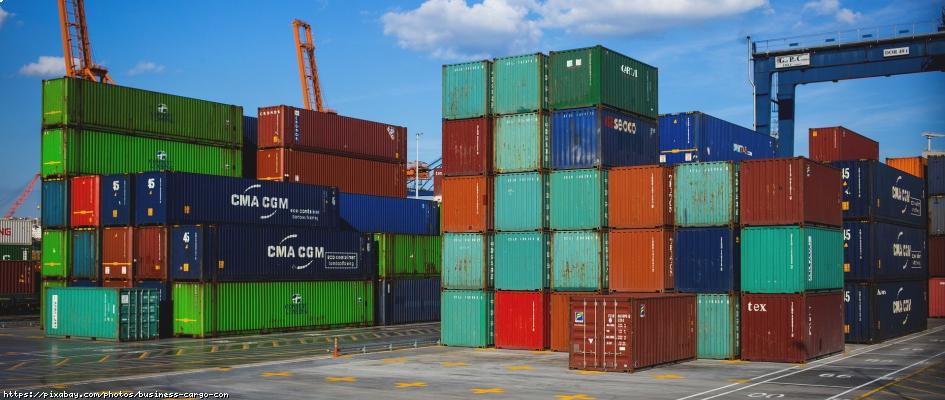Continuing our series examining the potential impacts of last month’s stunning election result on small businesses like yours, in this piece we’ll assess what the Conservative Party’s landmark victory means for your international trade, in the EU and beyond.
The past few years have seen an astonishing array of political upsets worldwide, but it would take one of the biggest yet to prevent the UK from finally leaving the EU at the end of January.
For nearly four years, the UK has been locked in intense debate and negotiation over Brexit, but with the Conservatives now commanding an 80-seat majority in the House of Commons, it seems that Boris Johnson is going to get Brexit on his terms.
The good news for many businesses is that the long-dreaded no-deal Brexit is almost certainly off the table, opening the door for a future trading relationship with the EU.
However, it is certain that this trading relationship will be vastly different from what has gone before. So, what will change and how might it impact your business?
Customs
Brexit will put an end to around 45 years of minimal trading documentation for the roughly 138,000 UK businesses that trade exclusively with the European Union.
Starting February 1st, it is forecast that HMRC will see customs declarations increase a colossal 200 million per year from the current level of around 50 million.
At the same time, the Non-European FTAs (Free Trade Agreements) with 45 countries and FTA blocs that the UK has as a result of EU membership will end, meaning that goods from these countries will require Certificates of Origin.
While the UK has already sought to prepare for this by printing UK Certificates of Origin, it is sensible to expect that an increase of red tape and paperwork will mean that trade for many businesses will take longer and cost more than before.
VAT and Duty
As customs-free trade with the EU ends, so does VAT-free trade. For the first time, 20 per cent VAT will be applied to UK imports from EU member states. While this can be reclaimed upon submission of your quarterly VAT return, the 20 per cent must be paid and will impact cash flow as a result. Conversely, EU customers importing from the UK will also be charged VAT.
Concurrently, many business sectors will see new duties applied to their imports and exports. While these will vary considerably depending on what is being traded, around 10 per cent of value for cars to around 84 per cent for beef, on typical goods we can expect to see duty fees of between 2.5 and 3.5 per cent of a product’s value.
Regarding duty fees, it appears likely that there will be considerable uncertainty and variation under the temporary rates structure that is set to be in place for the next year, with the government pledging to then introduce a permanent tariff regime after public consultation.
Old relationships continue, new relationships start?
It is by no means all doom and gloom though. As Brexit approaches, the government has been seeking to tie up continuity deals with the EU’s trade partners, deals which replicate the tariff free access trade with these countries currently enjoys.
As of earlier this month, the UK has signed 20 such continuity deals, covering 50 countries and territories, including significant trading partners such as South Korea, Norway and Iceland, Israel and Switzerland. It has also signed "mutual recognition agreements" with the US, Australia and New Zealand, to make trading with these countries significantly easier and more cost-effective.
As one would expect from Boris Johnson, his rhetoric surrounding Brexit has been one of unbridled ambition and confidence, with the Conservative’s election slogan literally being: “Get Brexit Done, Unleash Britain’s Potential”. A key theme among Conservative Brexiteers has been the idea that Britain, once out of the EU will be free to make bold new trade deals.
Of particular significance and near constant press scrutiny has been a potential deal ensuring free trade between the UK and the US. This mooted deal, and the benefits it would supposedly unlock, have been spoken of long and loud by both Johnson and President Trump.
While finer details have been scarce amid talk of an NHS fire sale and chlorinated chickens, it appears likely that Brexit will lead to a much closer trading relationship between the UK and the US.
As usual, small- and medium-sized businesses such as yours will be the driving force behind this relationship and any other the UK seeks to forge. Whatever the concerns arising from Brexit, it seems that it will also open up new marketplaces for the UK’s entrepreneurs to tap into.


